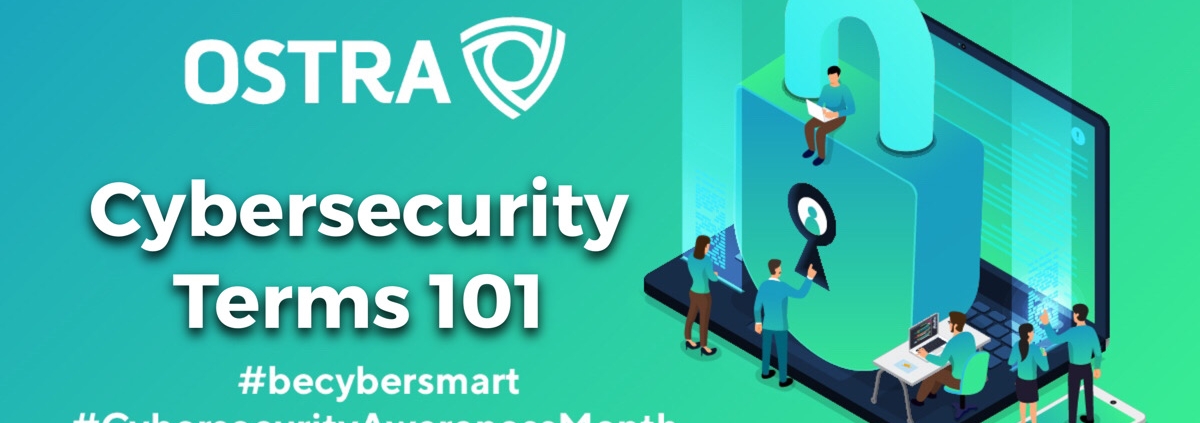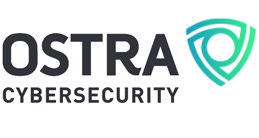Cybersecurity Terms 101
October is Cybersecurity Awareness Month and a time to spread the importance of understanding cybersecurity and cybercrime. As cybersecurity evolves, so do the threats that come with it. To stay safe in today’s cyber world it’s important to understand all the different types of threats that could harm you and your business. Everyone is vulnerable to a cyberattack, not just businesses and computers, your personal devices like your phone, watch, and tablet can all be hacked. This is a shortlist of the many different cybersecurity terms that are important to know to increase your cybersecurity awareness.
Cybersecurity
Cybersecurity is the practice of protecting computer systems and networks from the theft of hardware, software, and data. Cybersecurity works in many ways to defend against all types through hardware, software, and even internal threats. Cybersecurity works as an immediate defense against all types of ways that cybercriminals try to attack.
Hacker
A hacker is someone who gains access to devices or networks by breaching defenses and exploiting weaknesses. Hackers are usually motivated by personal gain or just because they know how to, for fun.
Malware
Malware, short for malicious software, is any type of software that is designed to cause damage and gain access to a computer, network, or database. Examples of malware are computer viruses, ransomware, spyware, adware, and more.
Ransomware
Ransomware is a new and very popular form of malware that locks the users out of their devices and prohibits access to files. After locking the user out, the hackers behind the ransomware then demand an anonymous online payment (ransom) to get their data and device access back.
Spyware
Spyware is a form of malware that hides on a device or network and steals information discreetly without the user’s knowledge. Spyware is used to steal things like bank details and personal information.
Adware
Adware is a form of malware that also hides on your device and annoyingly makes advertisements pop up, usually on web browsers. The adware is meant to gain revenue for the adware developer by monitoring online behavior and spamming the user with targeted ads.
Phishing
Phishing is the practice of sending malicious emails that appear to be from a reputable company to trick victims into the opening and sharing their sensitive personal information. Usernames/passwords, bank account, and credit card details are the main targets for phishing scams. The elderly are one of the most targeted groups for phishing scams. Educate your parents/grandparents on how to avoid phishing scams!
Data Breach
A data breach is an incident that exposes sensitive and protected information, intentionally or unintentionally. A data breach is usually the result of a successful cyberattack, where the hacker then steals information to sell back for a ransom, sell on the dark web, or any other personal gain. Data breaches can force business operations to completely stop, which can cost a lot of money and lost profits.
Want to find out more? Visit Ostra.net or contact us today at protection@ostra.net
As Your Trusted Cybersecurity Team, Ostra makes cybersecurity simple and accessible to businesses of all sizes. Ostra provides its partners and their clients with a multi-layered, comprehensive and fully managed Security as a Service.









